

Area models are visual aids used to make multiplication and division problems simple.

Author
Amber Watkins
Published
February 2024


Area models are visual aids used to make multiplication and division problems simple.

Author
Amber Watkins
Published
February 2024


Area models are visual aids used to make multiplication and division problems simple.

Author
Amber Watkins
Published
February 2024


Key takeaways
Table of contents
Area models are visual aids used to make multiplication and division problems simple. With area models, your child can:
1. Multiply two and three-digit numbers
2. Divide two and three-digit numbers
3. Multiply fractions and decimals
First, let’s look at the big picture to see what area models look like and to understand the similarities between finding area and using area models. Then we’ll explore how they can be used to solve problems!
Unlock unlimited maths questions
Put your skills to the test with fun exercises + maths games that are proven to boost ability!
When you look at an area model, they are drawn as a square or a rectangle.
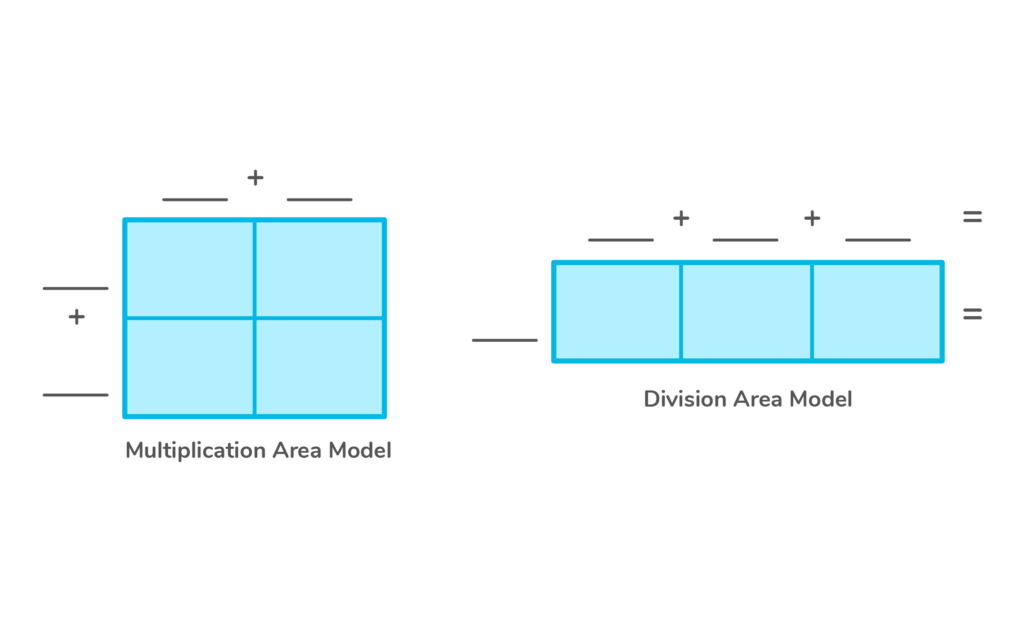
Fun Fact: Area models in square shape are called “square models.”
Since there are many similarities between finding the area of a square or rectangle and using these models to multiply or divide, they are called area models.
How do you find the area of a rectangle? Multiply the length times the width.
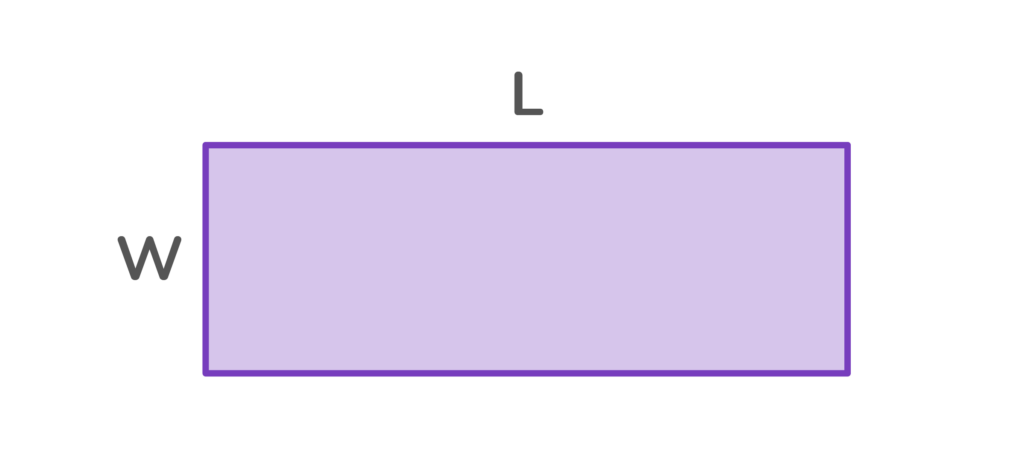
When using area models to multiply, one number is used as the length; the other number is used as the width.
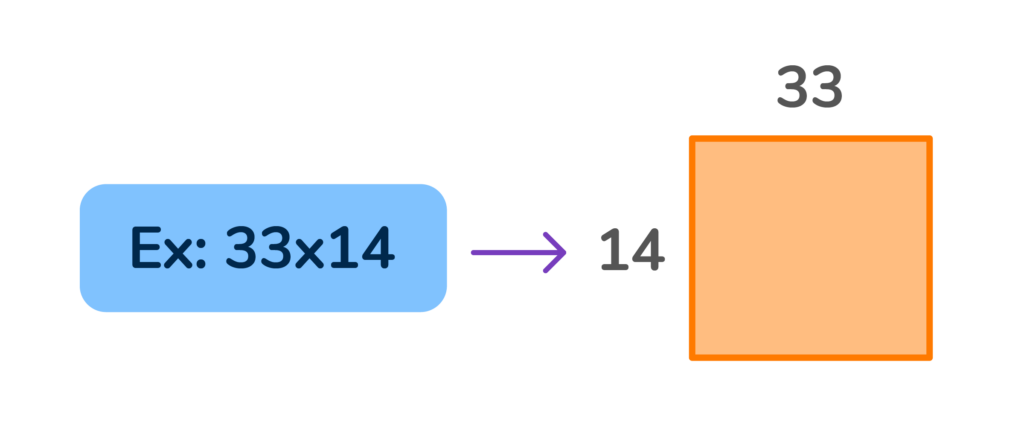
Area models help you to find the area in parts which makes the problem easier to solve.
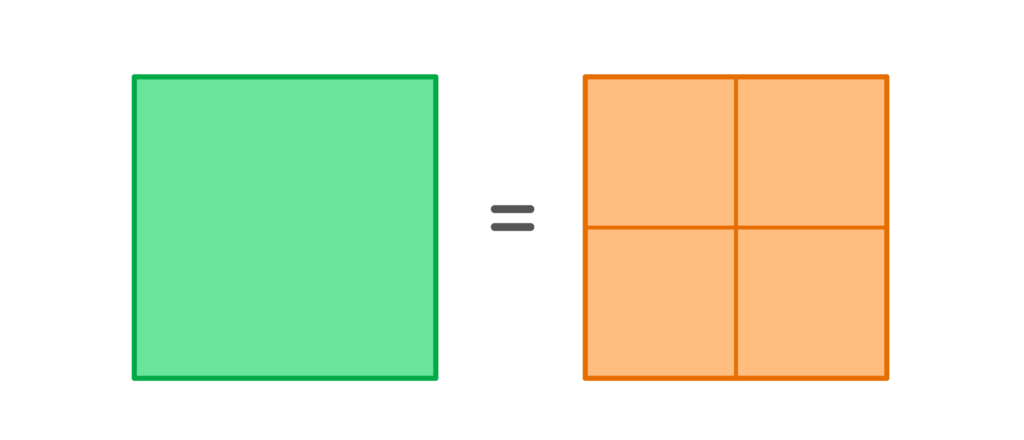
DoodleMaths is an award-winning app that’s filled with thousands of questions and games exploring multiplication, division and more!
Designed by teachers, it creates each child a unique work programme tailored to their needs, doubling their progression with just 10 minutes of use a day. Try it for free!


What if you are given the area of a rectangle, but are missing a measurement for one of the sides? You divide the area by the side length.
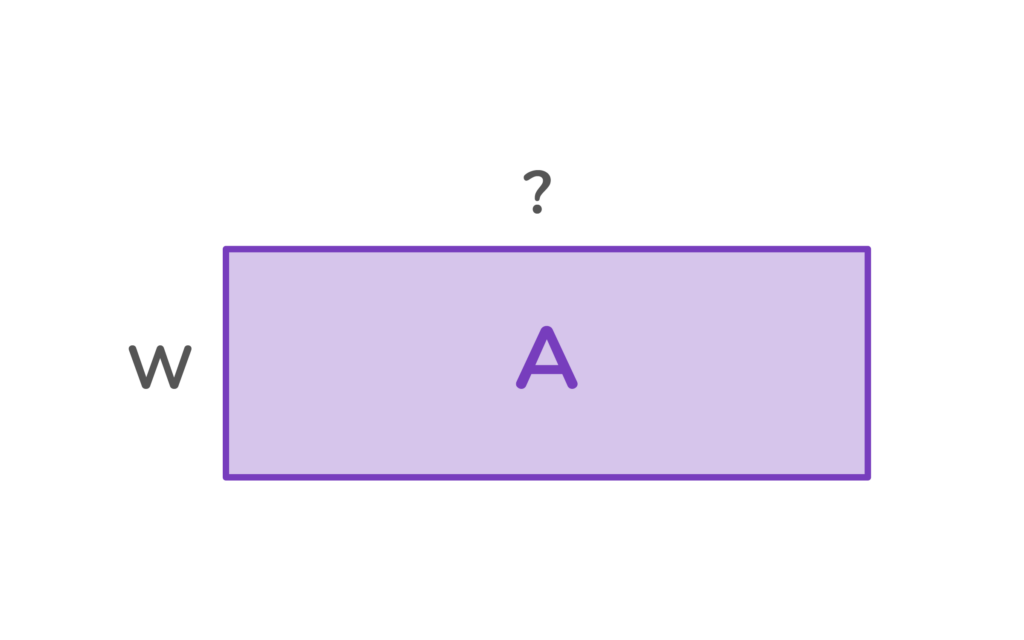
When dividing using area models, the dividend is the area, and the divisor is the length of one of the sides.
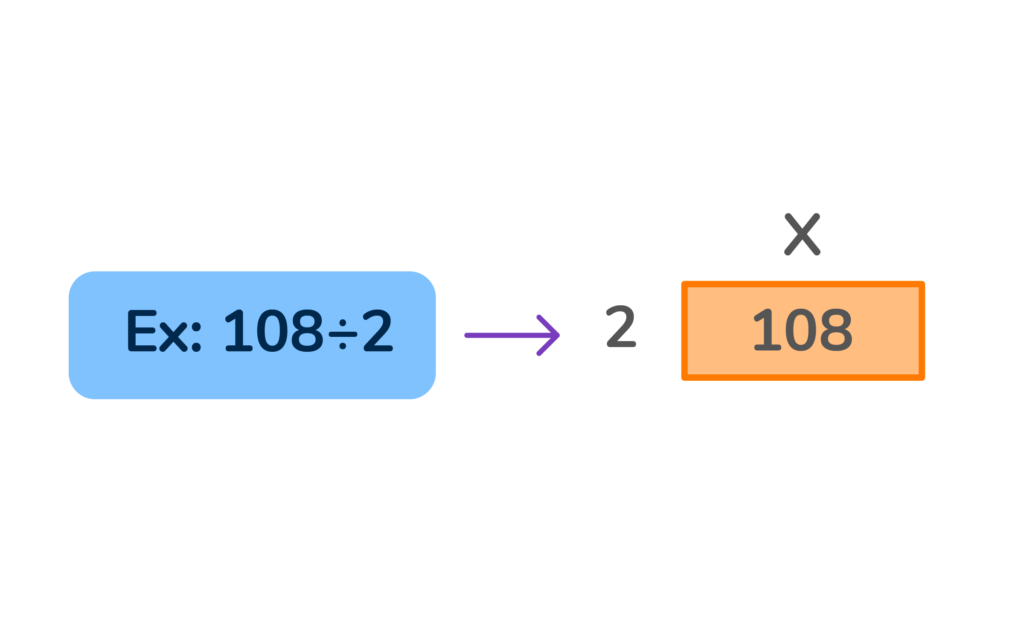
Area models help us divide the area into parts which makes finding the missing length easier.
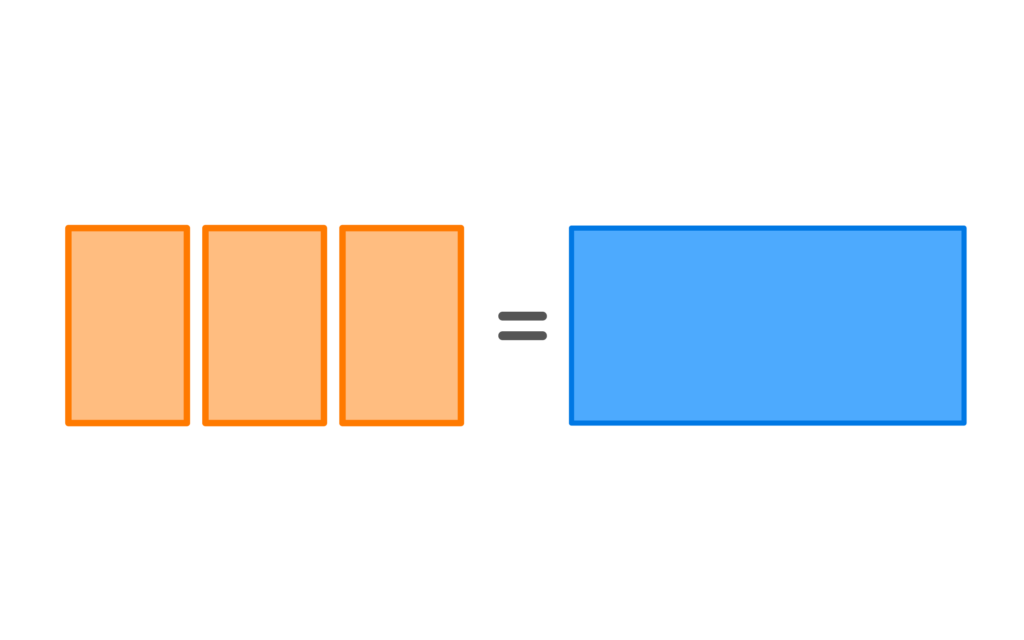
Let’s see how to solve an area model multiplication problem.
What is 25 x 42?
We are going to use this multiplication area model to find the answer in parts.
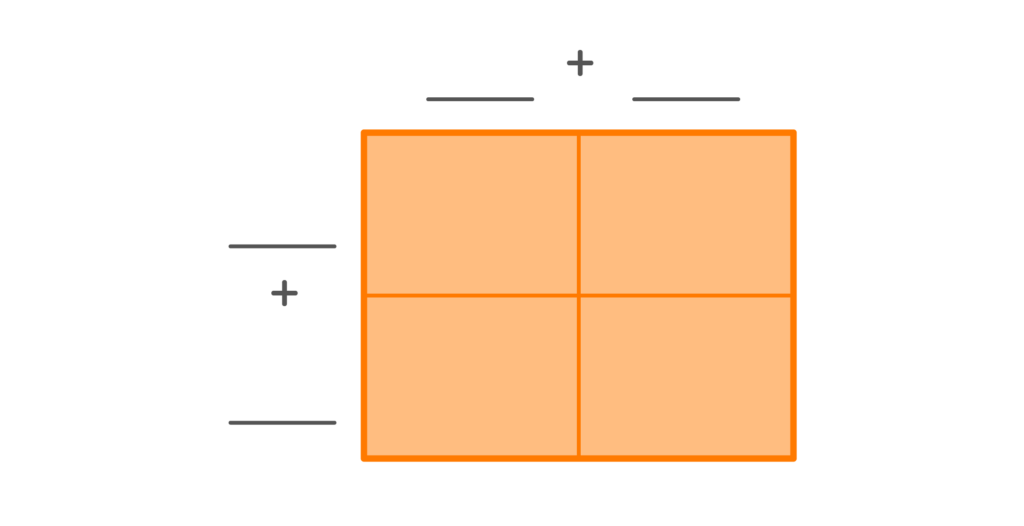
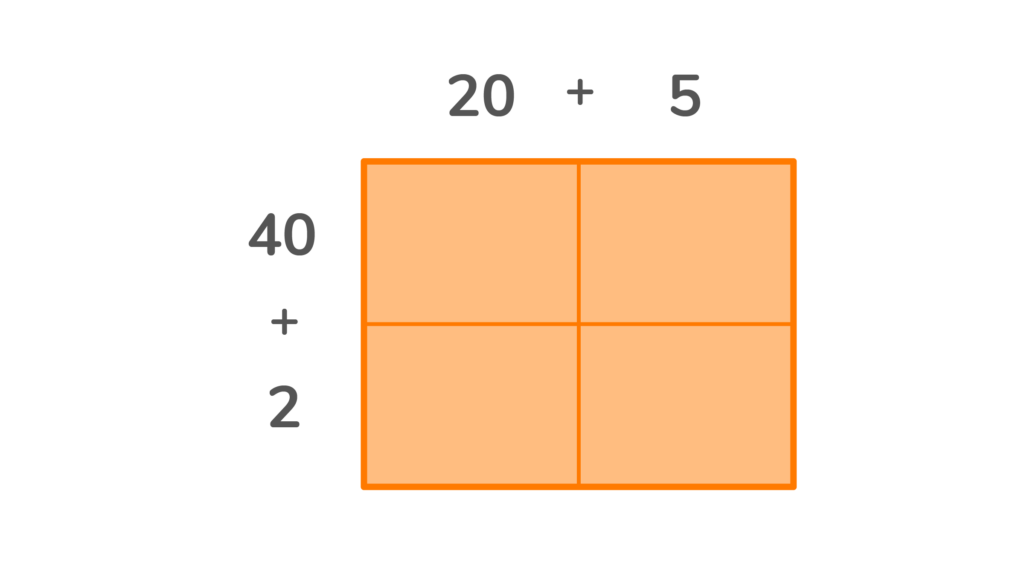
3. Now we have the numbers needed to multiply. Take each box and multiply the number above the column by the number before the row. (See the detailed illustration below).
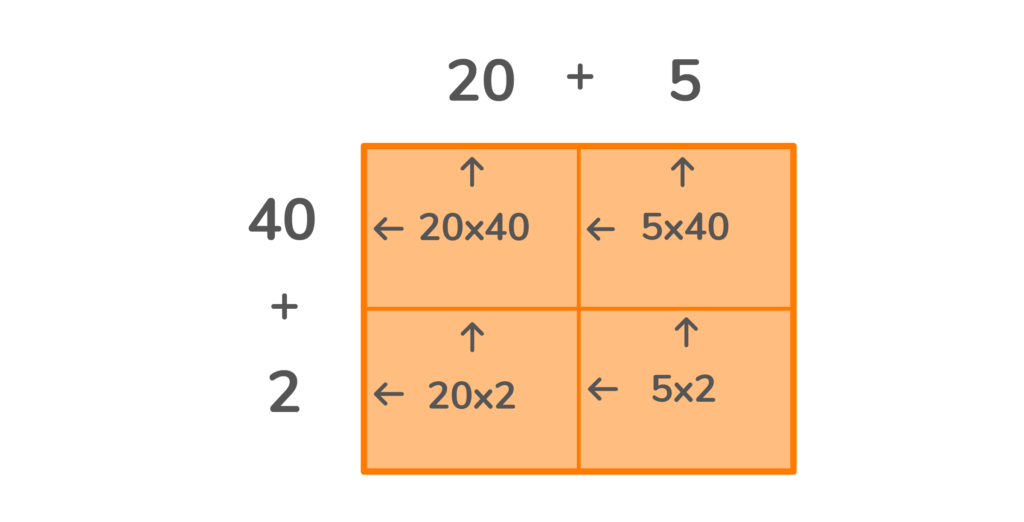
You will end up with one number in each of the four boxes.
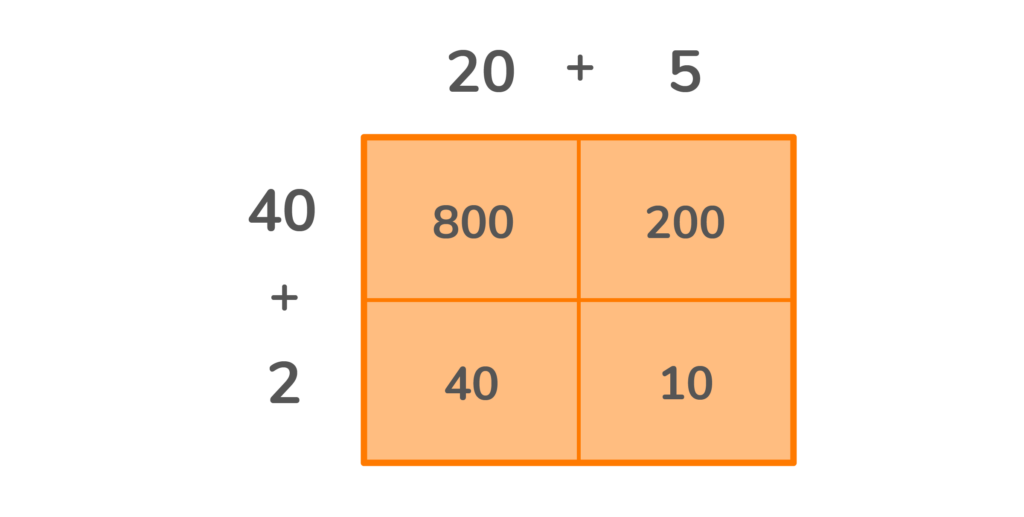
4. The final step is adding all the numbers together to find the answer.
800 + 200 + 40 + 10 = 1,050. So, 25 x 42 is equal to 1,050.
Let’s see how to solve an area model division problem.
What is 650 / 10 =
We are going to use this division area model to find the answer in parts.
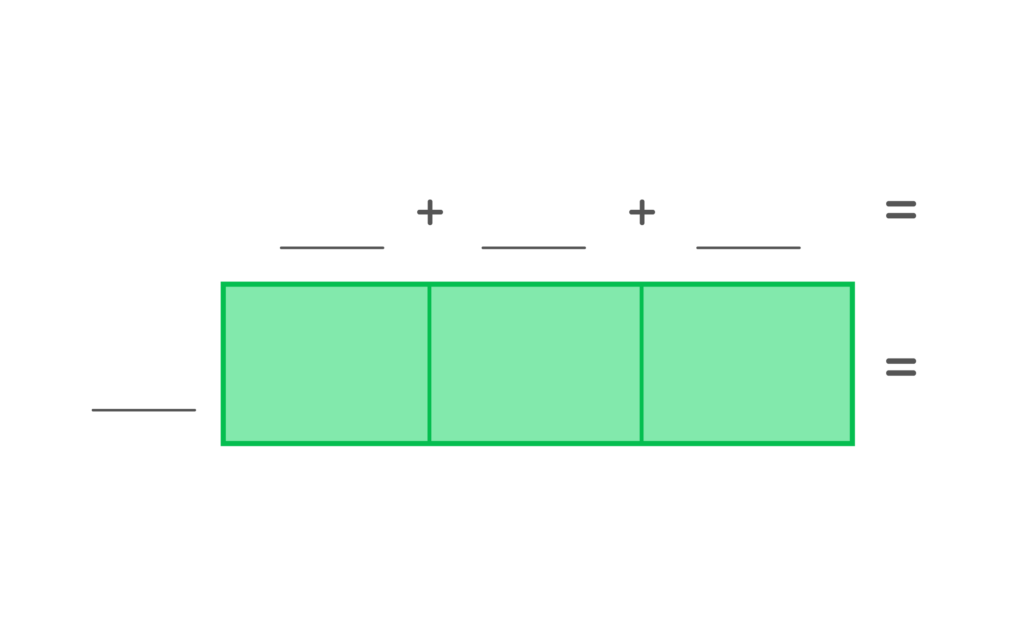
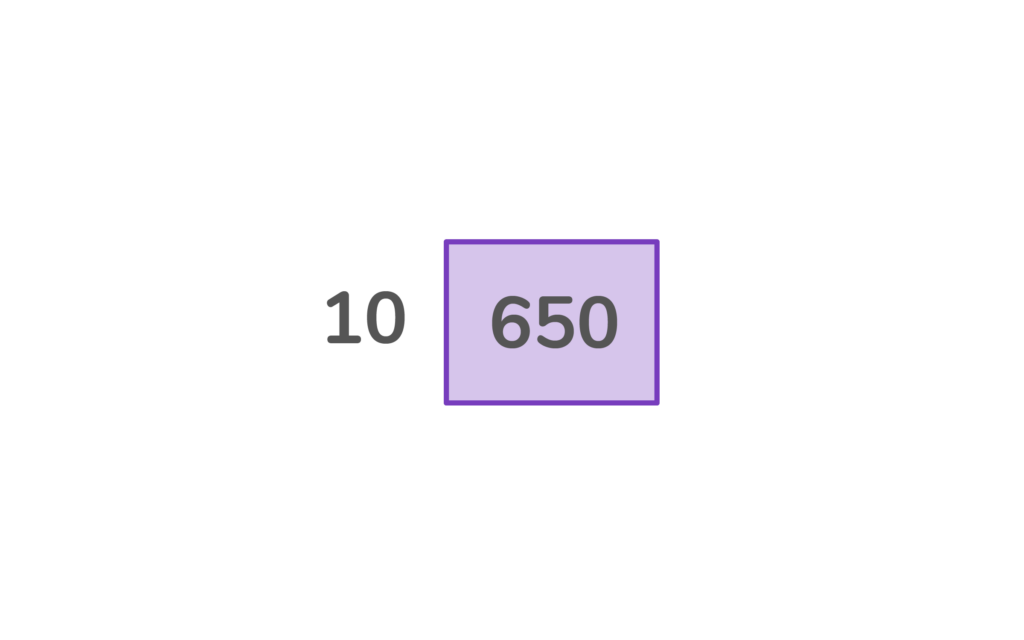
2. Choose three numbers that can be added to equal 650, 600 + 30 + 20. Place those three numbers inside the area model. Hint- all three numbers should be divisible by 10, the divisor.
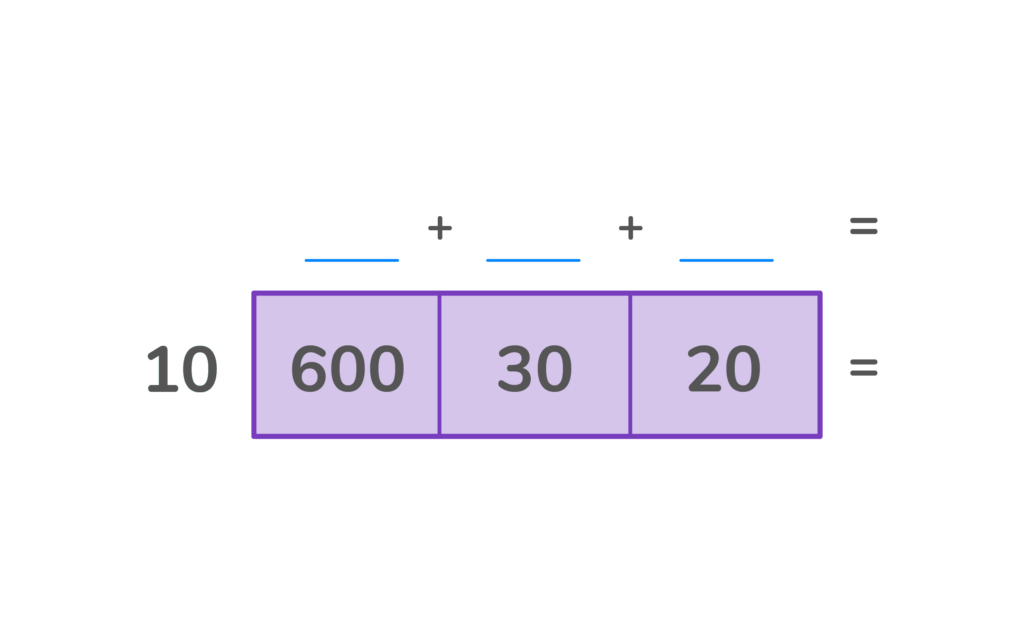
You will end up with one number in each of the four boxes.
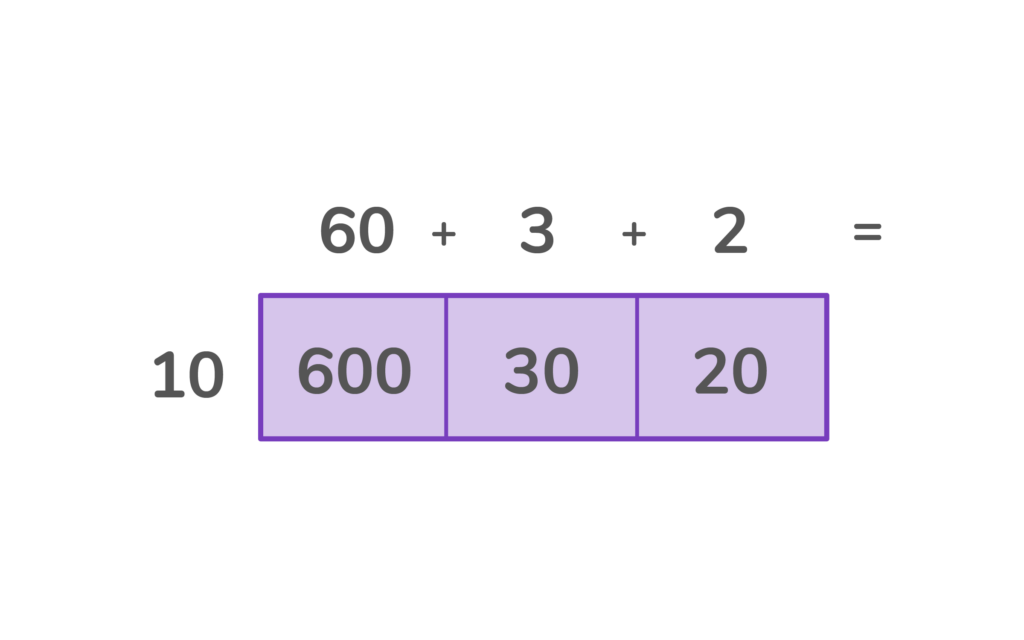
4. Finally, add the top numbers to find the missing length.
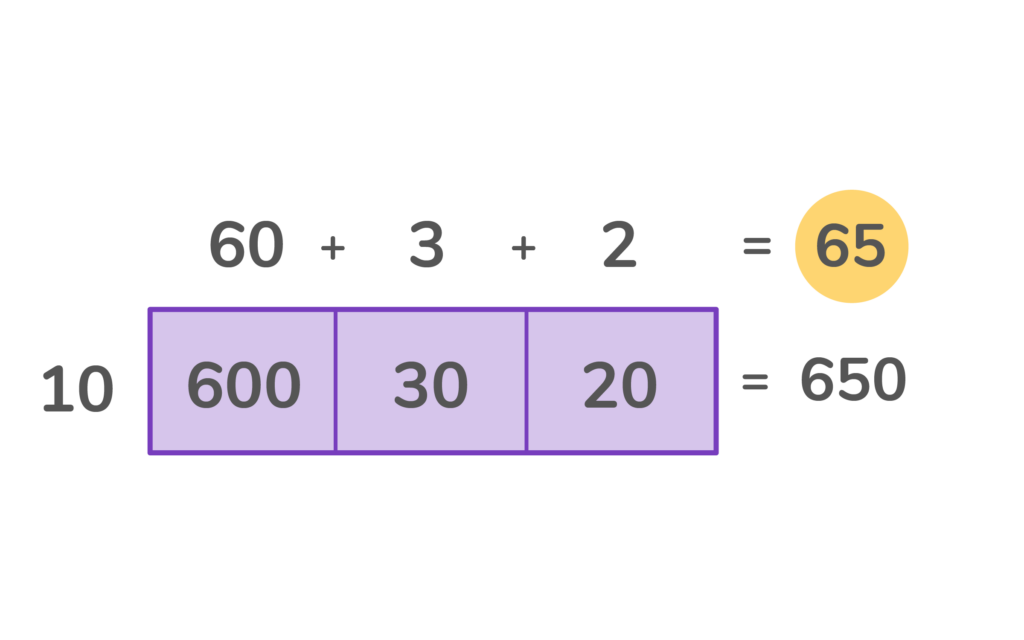
1. Using the multiplication area model, find the product of 62 x 13 =
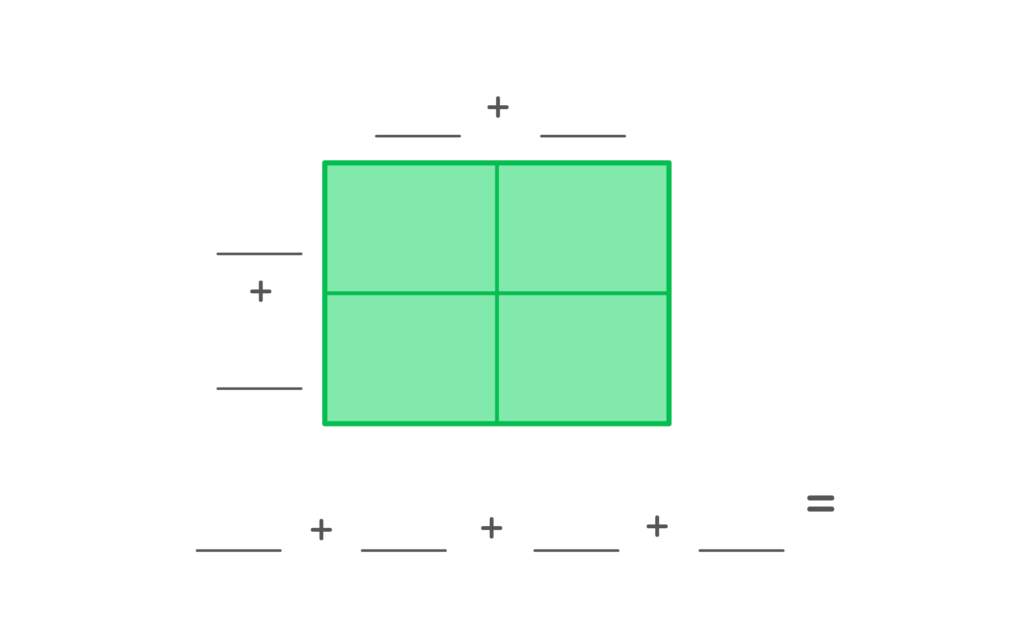
2. Using the multiplication area model, find the product of 4.9 x 3.5 =

3. Using the division area model, find the quotient of 180 / 12 =
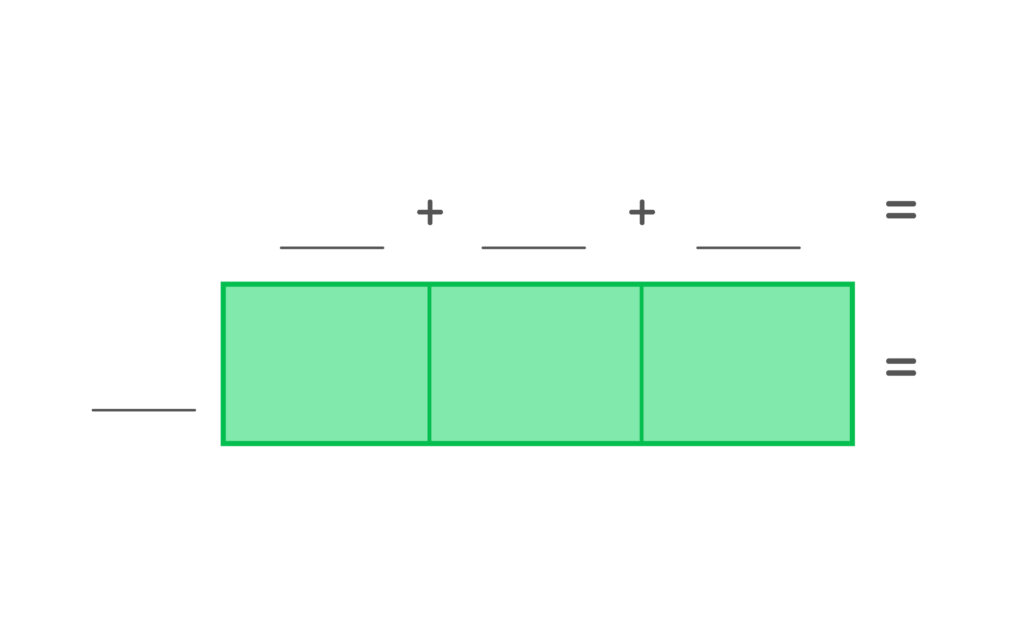
1. 62 x 13 = 806
2. 4.9 x 3.5 = 17.15
3. 180 / 12 = 15
Square models are area models used to multiply two-digit numbers.
Area models help you find the area in parts, this makes the problems easier to solve.


Parents, sign up for a DoodleMaths subscription and see your child become a maths wizard!

Lesson credits

Amber Watkins
Amber is an education specialist with a degree in Early Childhood Education. She has over 12 years of experience teaching and tutoring students in maths. "Knowing that my work in maths education makes such an impact leaves me with an indescribable feeling of pride and joy!"

Amber Watkins
Amber is an education specialist with a degree in Early Childhood Education. She has over 12 years of experience teaching and tutoring students in maths. "Knowing that my work in maths education makes such an impact leaves me with an indescribable feeling of pride and joy!"
Book a chat with our team
If you’d like to use Doodle’s browser version, please visit this page on a desktop.
To log in to Doodle on this device, you can do so through our apps. You can find out how to download them here: